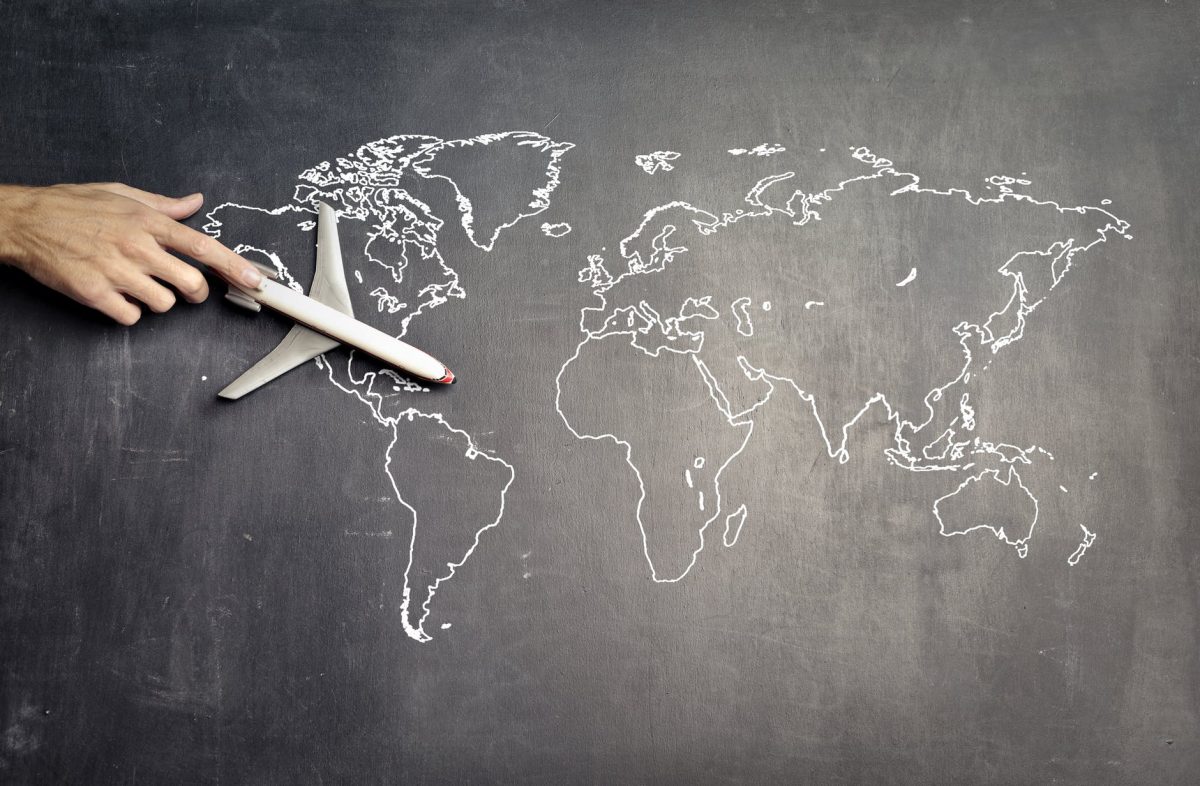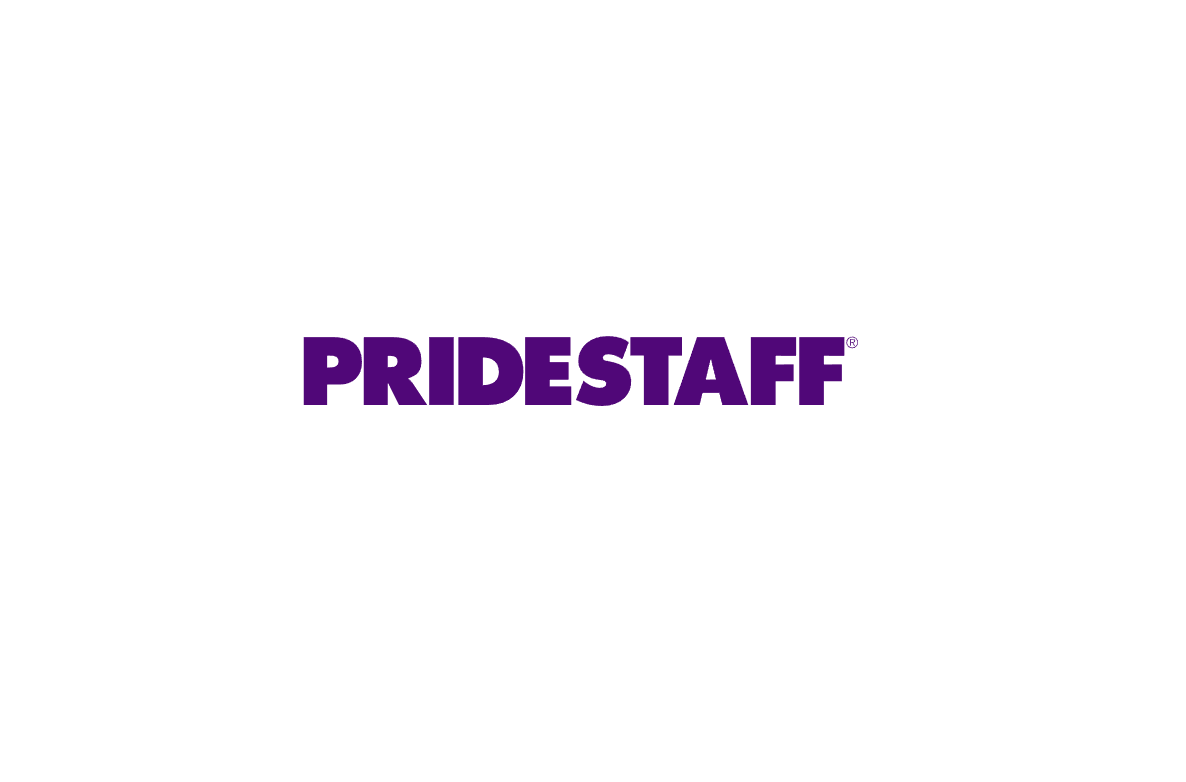So, you’re thinking of starting a global master franchise? Then there are a couple of things you should consider first. According to the Reference for Business Encyclopaedia, a new franchise opens every eight minutes across the world. In entering the global market as a franchisor, then, there is much more competition to encounter.
In this post, we’re going to take a look at some top tips for success in the global franchise world, and how you can turn those franchise opportunities into a profitable business for all involved.
What is a global franchise?
Also known as an international franchise, global franchising refers to the selling of the right to duplicate a business format in foreign markets. The franchisor, the person licensing said business, will grant the franchisee the power to distribute products and set up establishments with the use of the company’s intellectual property rights.
In 2018, 39% of the largest 200 restaurant franchisors were operating internationally. The market is growing fast and presents businesses with an opportunity to increase their brand presence on an international scale.
The franchisee and franchisor have a close relationship, as the franchisee pays a set of different fees including sales and advertising fees to the franchisor. You can use direct, and master franchising agreements in international markets and an international franchise agreement will typically govern their operations.
1. Do your research
When it comes to expanding into a global market, you need to treat it like a new venture. Do your research on the local customs and tastes, find out about the country’s employment laws and HR guidance, and determine where the best place for your franchise will be.
For example, 80% of the franchises in the UK are owned and developed within the country. Is this the case elsewhere? Where have franchises been most successful in your industry on the global market?
Research other franchises in your prospective expansion areas and find out which ones have seen success. If the market is already saturated, for instance, there could be ten fitness franchises in the area already, then maybe look elsewhere to find the best location.
2. Determine the best kind of contract
As a global franchise can utilise either direct and master agreements, you need to decide which will be the best for your company model.
Direct franchise agreements involve contracts between the franchiser and the operator of each franchise unit. This type of arrangement offers the franchiser more control over each expansion, but it can cause more work for that home base.
Meanwhile, master franchises create an agreement between the franchiser and another party granting them to sub-franchise within a given territory. While it can make recruitment more expensive, this model can generate additional income.
3. Create a stable relationship
Once you’ve determined the kind of contract you would like to use, find a franchisee who is a beneficial fit for your business. For example, if you’re looking to expand your food franchise, working with someone whose expertise is in plumbing franchises could impact the success rate of your expansion.
As the two of you will most likely operate in separate countries, you must create a close working relationship. In this way, you can monitor the success of the global franchise on a country-by-country basis.
4. Put plans into action
Start your path towards success by getting your plans in motion. In most franchising businesses, there is no correct answer, just an expansion plan that works for you. Remember to be flexible as you implement your global franchise so you can respond to new challenges. Only open new franchises as far as your finances can allow.
5. Adapt your marketing
Using your knowledge of the countries you’re expanding into, it’s worthwhile adapting your marketing strategies to suit the local area of the latest expansion. It’s important to establish local connections to solidify your businesses presence. So, place advertisements in the newspapers, ask for customer testimonials and create a social media strategy that works for you. Depending on the size of your franchise, determine who will take responsibility for the marketing on a global scale.
6. Stay one step ahead
It’s vital that once your business is up and running, you still keep one eye on the local competition and global market. Industry expert, Sean Kelly, highlights that ‘some franchise chains have failure rates as high as 80% to 90%, while others have almost no failures’. These statistics are the result of a diverse franchise industry with lots of international players, so use the benefits of franchising your business to your advantage.
If you are looking for more advice on global franchising or want to browse the best franchises on sale, then Franchiseek international franchising directory is the place for you.










